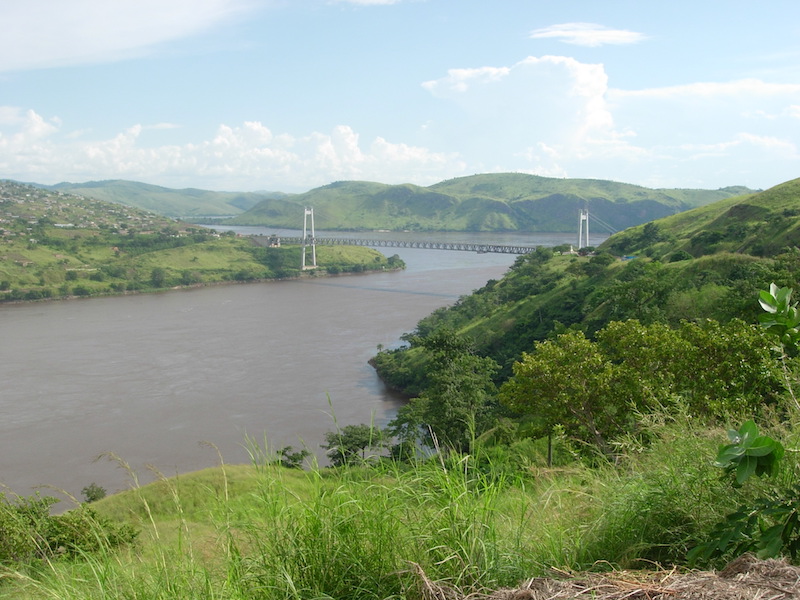International Rivers expresses its profound concerns over the announcement that Fortescue Metals Group (FMG) has entered into an agreement with the government of the Democratic Republic of Congo (DRC) to develop the Grand Inga project for hydrogen production.
As noted by concerned observers in DRC, the FMG deal bypasses key procedural requirements to ensure that projects are awarded transparently and subjected to competitive bidding. Given its sheer size and scale – if built, it would be the world’s largest hydropower scheme and require a staggering $80 billion in investment – Grand Inga must be subjected to rigorous due diligence and procurement processes. Civil society groups in DRC have long opposed Inga 3 because of its unacceptably high governance risks as well as its high environmental and social cost.
International Rivers rejects the notion that hydrogen produced using Inga’s power can be considered green. Far from being a green source of energy, Grand Inga could cause the collapse of the Congo Plume, a globally significant carbon sink. Furthermore, Inga would be built over the objections of local communities in a context in which dissent has been stifled and civil society access to the area has been restricted. Tens of thousands of people would be dispossessed of their lands, many of whom had previously been displaced and impoverished by Inga 1 and 2.
Under these circumstances, FMG’s promise to revolutionize green energy while benefiting the Congolese public has had an inauspicious start. Previous incarnations of Inga, though flawed in their approaches, would at least generate power that would be consumed within Africa. FMG’s proposal would effectively harness Inga’s energy potential for export to markets in Europe.
It is unfortunate that FMG’s interest distracts from the most urgent task, which is to deliver energy access to the 90% of Congolese that lack it. The DRC has spent the past decade on Inga 3 with nothing to show for it, coming at great opportunity cost for the energy poor in DRC. It’s past time to reject Inga and instead develop the energy options best suited to meeting the country’s pressing energy needs.
Featured image: The Matadi Bridge on the Congo River. Photo by International Rivers

